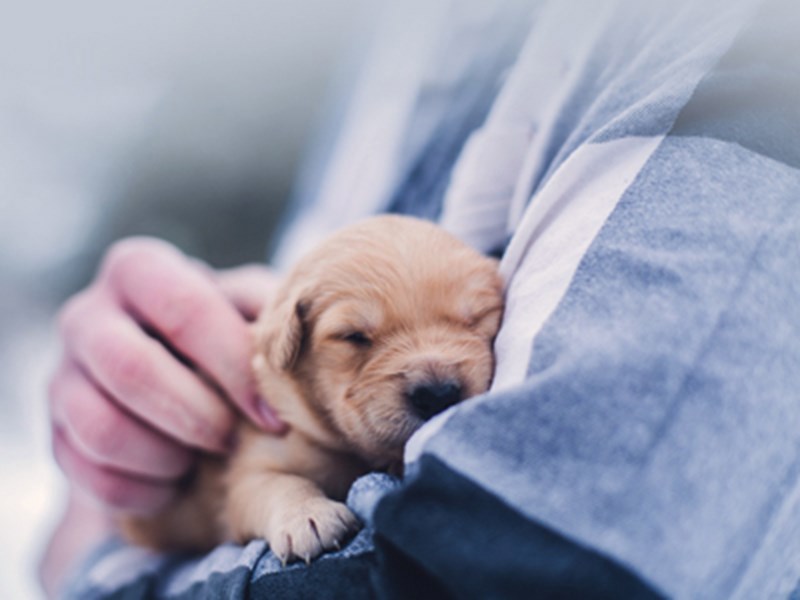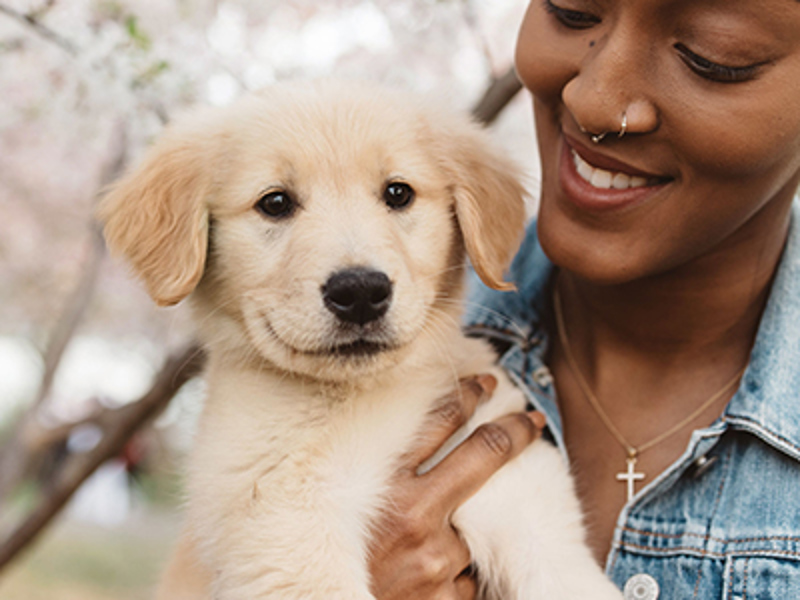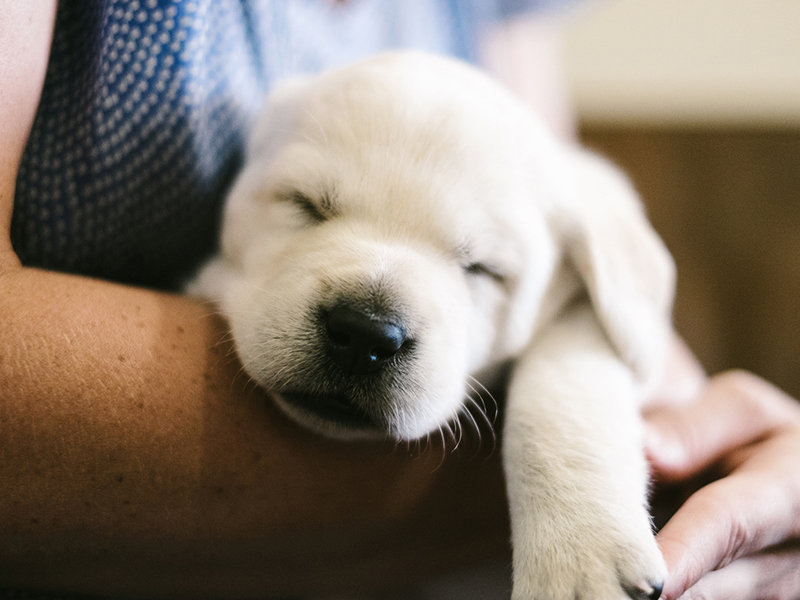
White Swiss Shepherd Dog (Imp)
Breed characteristics
- Size
- Large
- Exercise
- More than 2 hours per day
- Size of home
- Large house
- Grooming
- More than once a week
- Coat length
- Medium & long
- Sheds
- Yes
- Lifespan
- Over 10 years
- Vulnerable native breed
- No
- Town or country
- Either
- Size of garden
- Large garden
About this breed
The White Swiss Shepherd Dog was recognised by The Kennel Club in October 2017 but was originally recognised as a separate breed in Switzerland in 1991.
In the German Shepherd Dog breed, white dogs have always existed but the colour was frowned upon and listed as a disqualifying fault in the German breed standard. It is generally accepted that the Swiss White Shepherd has been developed from a white strain of that breed and there is an obvious similarity. It was in the USA that the white strain was first registered by the American Kennel Club in 1917 and it was from here that the first imports to Switzerland arrived in the early 1970s. The male named Lobo, born in 1966, is credited as the patriarch of the breed there. Further imports from the USA followed to expand the gene pool and thus the strain was developed, eventually being recognised as a separate breed by the Swiss Kennel Club in in 1991 and later by the Fédération Cynologique Internationale.
The breed now enjoys popularity in many countries, not only as a show dog but as a companion where its devotion to its owners and its intelligence and trainability has endeared it to many.
The White Swiss Shepherd exists in two coat types - the medium coat and the longhaired.
Images for this breed
Pastoral breed group
The Pastoral Group consists of herding dogs that are associated with working cattle, sheep, reindeer and other cloven footed animals.
Usually this type of dog has a weatherproof double coat to protect it from the elements when working in severe conditions. Breeds such as the Collie family, Old English Sheepdogs and Samoyeds who have been herding reindeer for centuries are but a few included in this group.
Colour Watch
Category 0: Breeds with no NBS colour registration options.
Read more about Colour Watch.
Breed Standard colours
Breed standard colour means that the colour is accepted within the breed standard and is a traditional and well-known colour in this breed.
Breed standard colours in this breed include:
- White
Other colour/s
'Other' means you consider your puppy to be a colour not currently known within the breed and one that does not appear on either the breed standard or non-breed standard list. In this instance you would be directed through our registrations process to contact a breed club and/or council to support you on identifying and correctly listing the new colour.
Non-breed-standard colours
Non-breed-standard colour means that the colour is not accepted within the breed standard and whilst some dogs within the breed may be this colour it is advised to only select a dog that fits within the breed standards for all points.
Colour is only one consideration when picking a breed or individual dog, health and temperament should always be a priority over colour.
Health
Whether you're considering buying a White Swiss Shepherd Dog (Imp) puppy or breeding from your dog, it's important to understand the health issues that may affect the breed and how they can be managed or avoided.
Pre-breeding Health Screening
Good Practice schemes and tests
We strongly recommend that breeders, at a minimum, conduct these tests before breeding, as evidence indicates these conditions are a significant concern in the breed.
- Prioritising genetic diversity
- Elbow testing (for elbow dysplasia) using the BVA/KC Elbow Dysplasia Scheme
- Hip testing (for hip dysplasia) using the BVA/KC Hip Dysplasia Scheme
Click here to find out more about The Kennel Club's health standard
Find out about a particular dog's results
Please visit our Health Test Results Finder to discover the DNA or screening scheme test results for any dog on The Kennel Club's Breed or Activity Register.
You can also view the inbreeding coefficient calculation for a puppy's parents, or for a dog you're thinking of breeding from.
DNA Testing Services
We don’t currently offer a breed-specific DNA testing package for this breed, but we have a wide selection of individual DNA tests available. To find out more and view our full selection, click here.
Breed Health & Conservation Plan
The Breed Health and Conservation Plans
Our breed health and conservations plans (BHCPs) use evidence and data to help us understand the health issues found in each pedigree dog breed. These plans help breeders and owners identify health and welfare problems and use information, health tests and health schemes to avoid passing on those problems to future puppies. They also support and provide breeders with tools and specialist expertise to help manage genetic diversity, understand the impacts of close breeding, and find the best ways to preserve the population of their breed.
Working together for the breed
We’ve worked with breed clubs and breed representatives to gather all available evidence to help us determine the priority concerns for the breed and decide how we can work together to manage and reduce these problems.
The full evidence base is available at the discretion of the breed clubs, however if you would like to seek access to the full report, please contact our health team.
More about health
If you have any concerns about a particular health condition in your breed then you may wish to speak to your vet or you could contact your breed health co-ordinator.
Breed health co-ordinators are individuals working on behalf of breed clubs and councils who are advocates for the health and welfare of their chosen breed. They acts as a spokesperson on matters of health and will collaborate with The Kennel Club on any health concerns the breed may have.
To contact your breed health co-ordinator please email
Health and Breeding Support Team (The Kennel Club)
Breed watch
Category 1
Currently no points of concern specific to this breed have been identified for special attention by judges, other than those covered routinely by The Kennel Club's breed standard.
Breeding restrictions
There are a number of The Kennel Club's rules and regulations that may prevent a litter from being registered, find out about our general and breed specific breeding restrictions below.
More about breeding
There are not currently any additional breed specific restrictions in place for this breed.
Looking for a puppy?
Looking for a White Swiss Shepherd? Explore our list of puppies and rescue dogs for sale near you.
More information

Need to find out more about a breed?
Use our Find a Club service where you can locate breed clubs that can offer support and advice.

Use our Find a Puppy service
The Kennel Club's Find a Puppy service provides contact details for breeders who have puppies available. Let's help you find your new best friend.

Get the best lifetime pet insurance
At Kennel Club Pet Insurance, we want you to focus on getting the best possible treatment for your dog without worrying about the cost.
